Coral Conservation Program
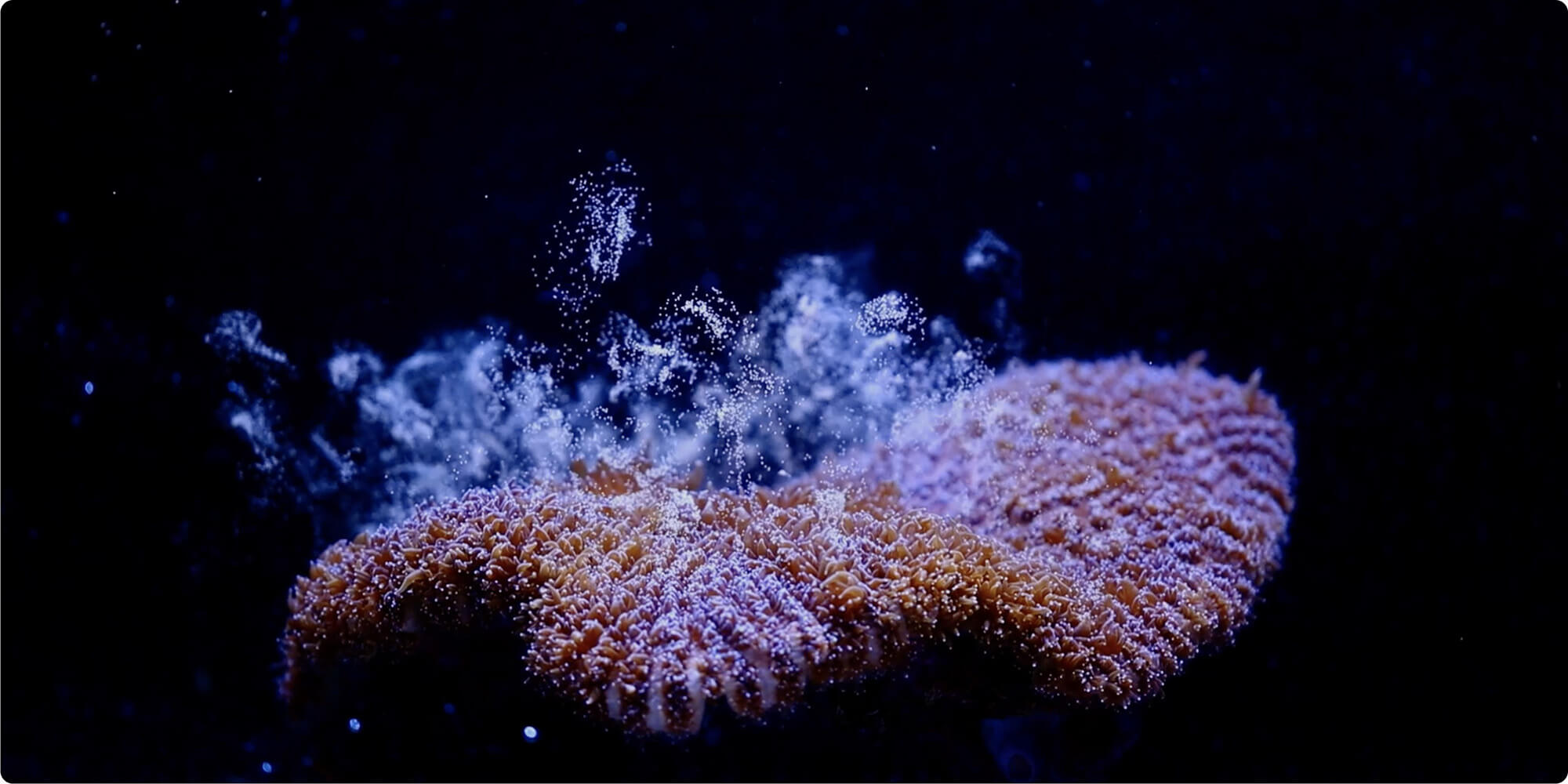
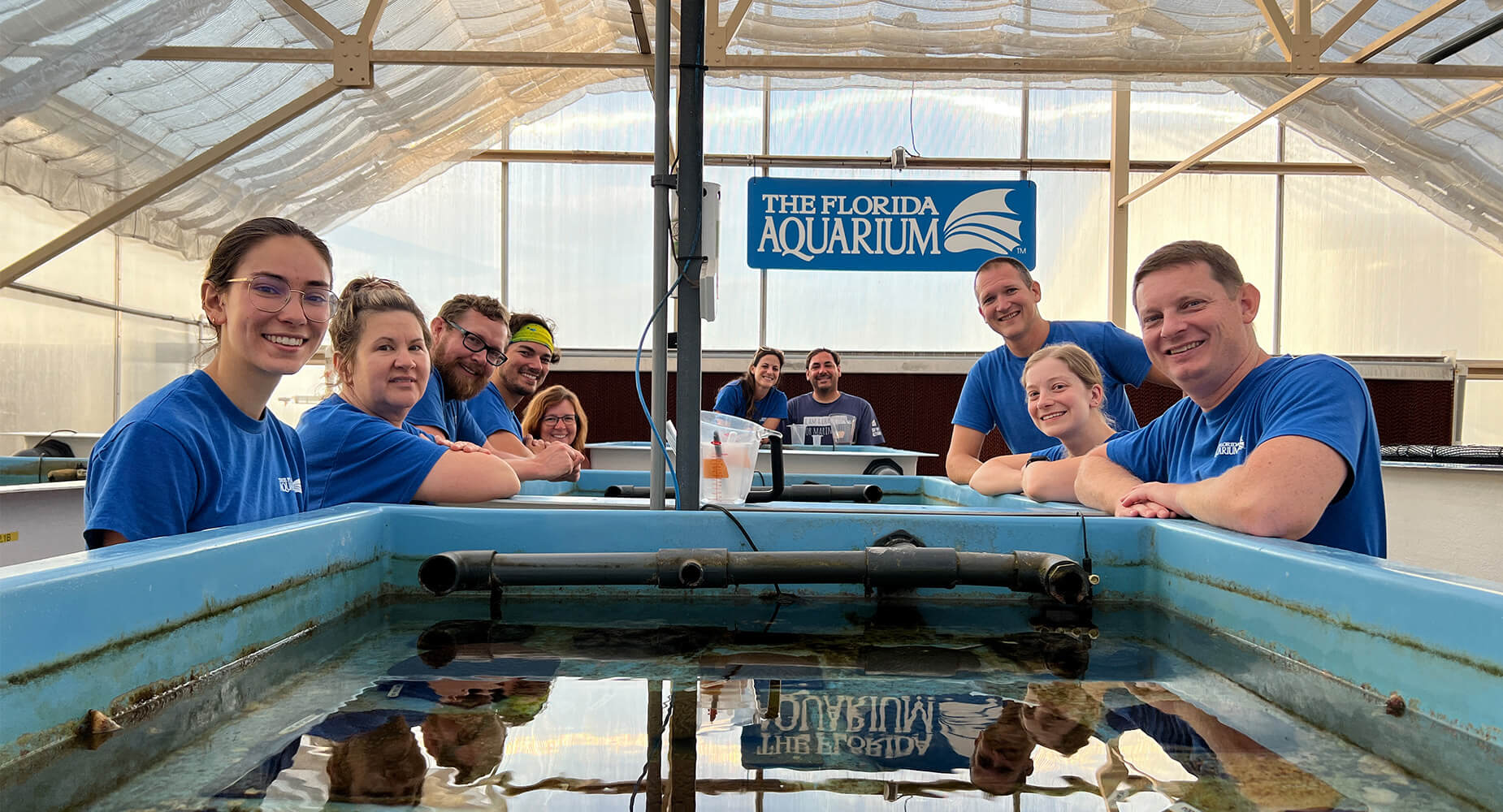
Coral Connections: Reefs Matter to All of Us
At The Florida Aquarium, we are determined to lead efforts that have a demonstrated positive impact on marine wildlife and wild places. This dedication has allowed us to make groundbreaking strides in the conservation and rehabilitation of coral species.
To date, we’ve made coral reproduction history several times over and gained global recognition for our advancements in conservation science. However, we understand that there’s still a lot of work ahead of us, so while we continue to celebrate our successes, our Coral Conservation Program remains hard at work.
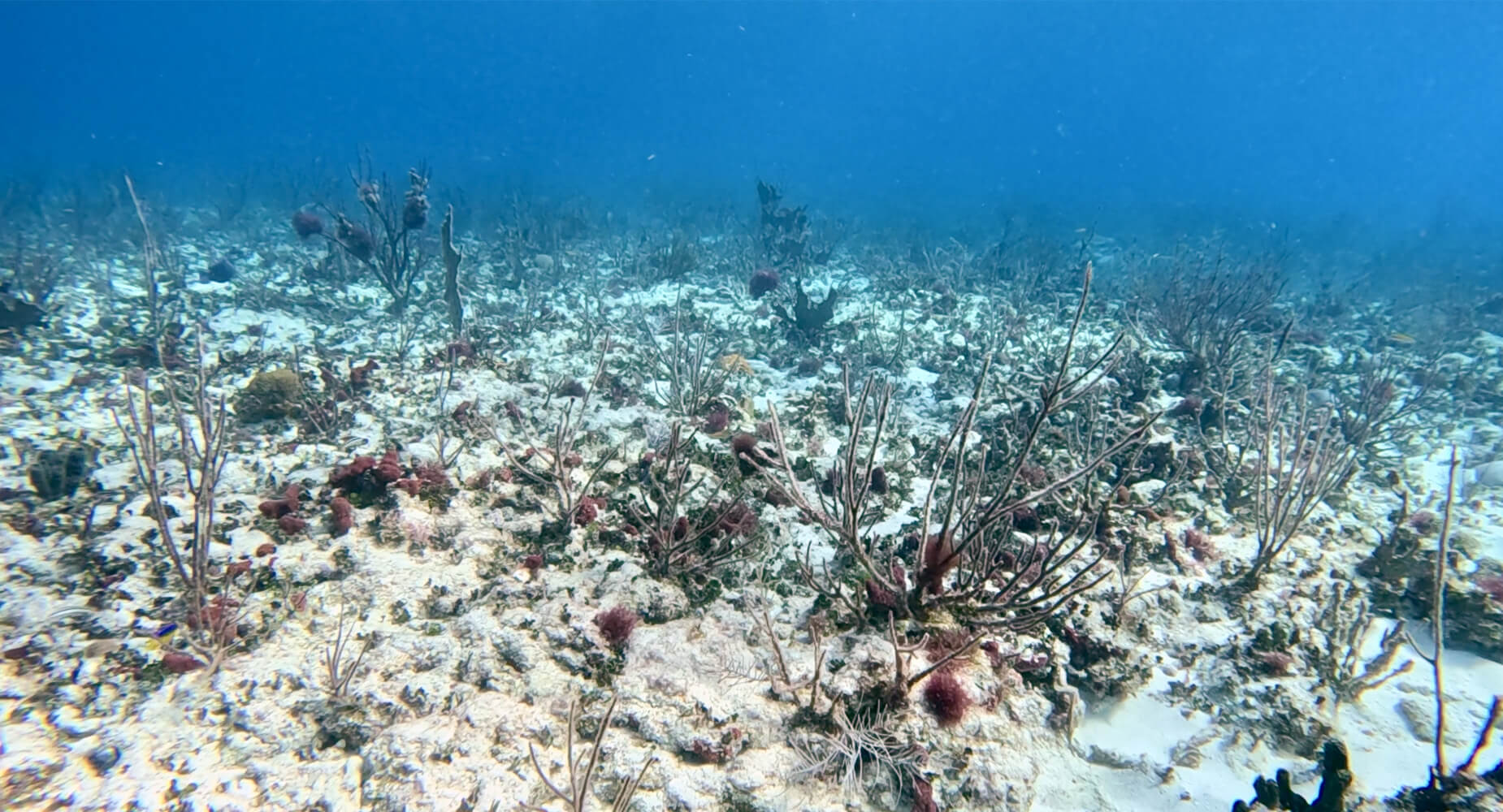
The Challenge
Florida’s Coral Reef is the third largest barrier reef in the world, stretching about 360 miles along the southeastern Florida coast. Unfortunately, like with many reefs around the world, a variety of stressors are negatively affecting the corals and other biodiversity living within this incredibly important ecosystem. Coastal pollution, the loss of essential algae grazing species, outbreaks of coral diseases such as Stony Coral Tissue Loss Disease (SCTLD), and increasingly frequent and prolonged exposure to water temperatures above the coral bleaching threshold have resulted in a decreased abundance of living coral, with species such as the Atlantic pillar coral and elkhorn coral considered functionally extinct due to the remaining individuals being too far apart to successfully reproduce in the wild.
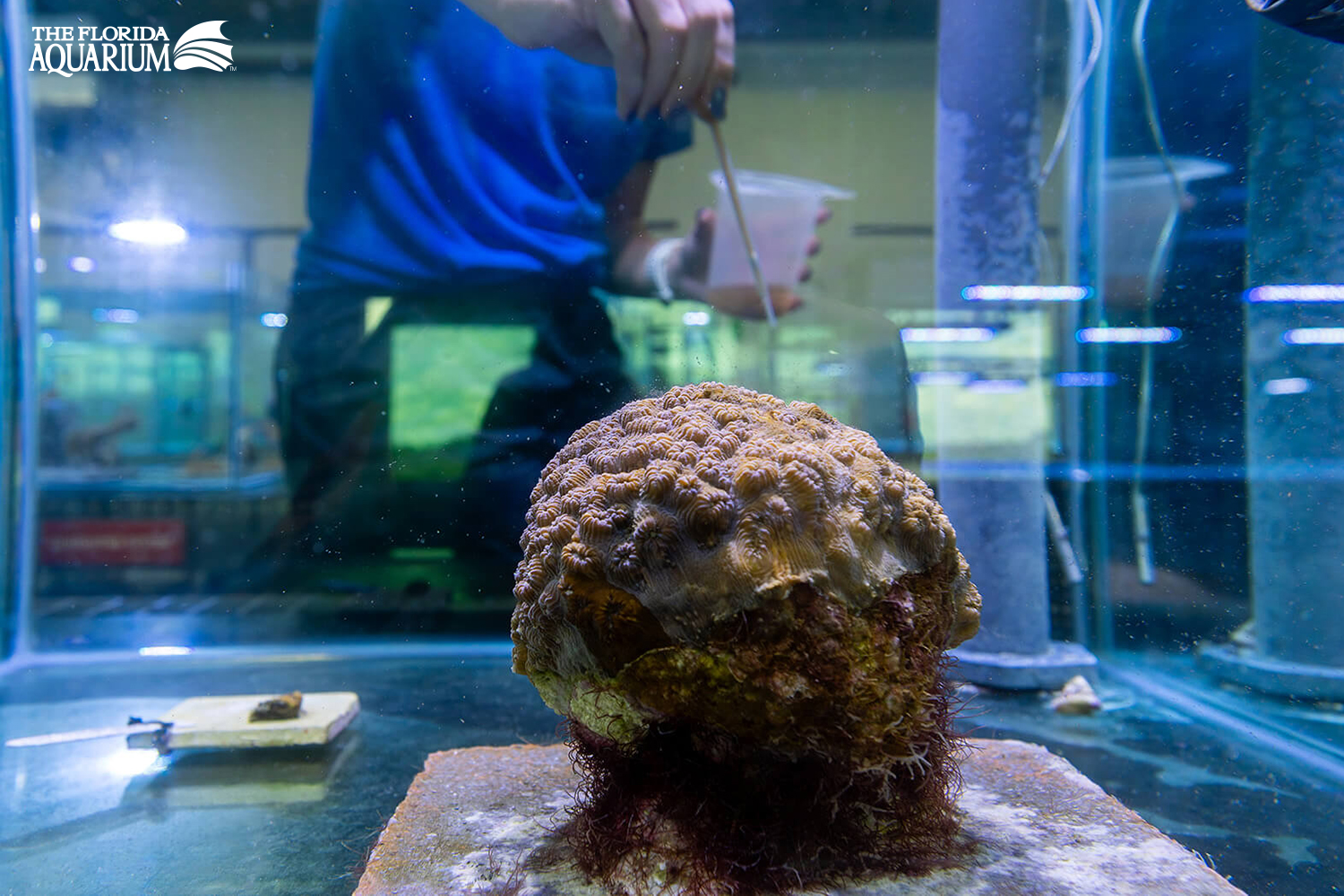
The Approach
Knowing that coral reefs, and the species living within this ecosystem, play crucial roles in providing life-saving medicines and treatments, food supplies, coastal protection, and recreational activities, Florida State and Federal Agencies made the proactive decision to rescue as many genetically diverse and healthy corals as possible before they could be impacted by disease and bleaching events. The Florida Aquarium is a leader in implementing an innovative and progressive approach to breeding Florida’s corals in its laboratory and developing techniques to restore its populations.
The Good News
The Florida Aquarium provides a haven for more than 70,000 corals from 17 different species in our state-of-the-art, 9,000 sq. ft. Coral Conservation & Research Center. Our Coral Conservation Program serves as the industry leader in Atlantic coral sexual reproduction and baby rearing.
By replicating reef conditions such as water temperature, length of day, light levels, and moon phase, we have successfully spawned 14 different coral species in our biosecure facility, resulting in the production of hundreds of thousands of coral babies. In our conservation efforts, we are also partnering to develop pioneering techniques to cryopreserve coral gametes and larvae.
Similarly, we are focused on reproducing and rearing herbivores, such as long-spined sea urchins, to replicate nature’s solution for managing algae growth.
The Florida Aquarium’s ground-breaking work in coral reproduction and rearing is more important than ever in the face of the reef’s changing conditions. Because we know the genetics of each of our corals, we can now selectively breed corals and raise offspring that would not otherwise be available, to determine if they might be more resilient to warmer waters and/or diseases. Through collaboration on research projects with our partners at state and federal management agencies, universities, and other non-profit organizations, our goal is to advance coral restoration practices and secure the future of Florida’s coral species.
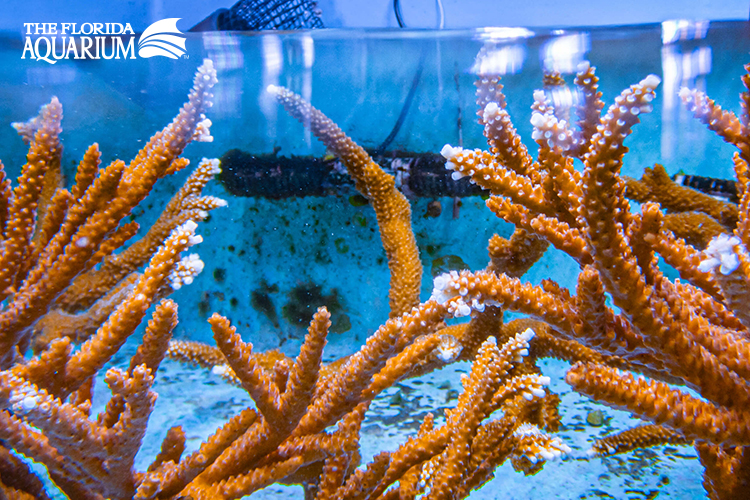
Make a Difference for Coral
The Florida Aquarium’s Coral Conservation Program works to protect at-risk species, increase coral reproduction rates, advance coral health, and restore the Florida Reef Tract. Your donation helps advance this critical work by supporting research, innovation, and restoration of these vital creatures.
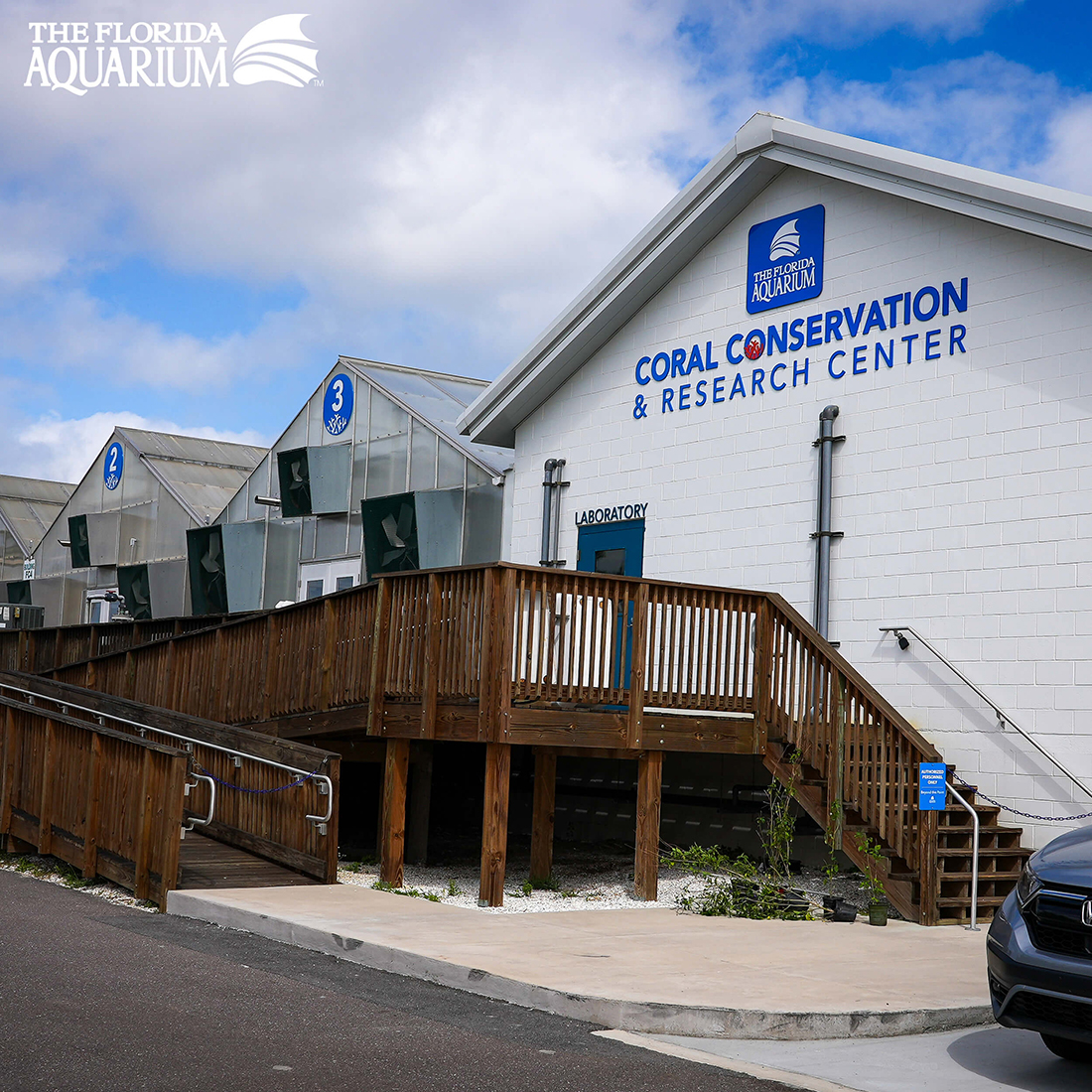
Where Breakthroughs Begin
Our Coral Conservation and Research Center
The Florida Aquarium’s state-of-the-art, 9,000 sq. ft. Coral Conservation and Research Center provides a haven for more than 70,000 corals from 17 species. Our Coral Conservation Program serves as the industry leader in Atlantic coral sexual reproduction and baby rearing.
